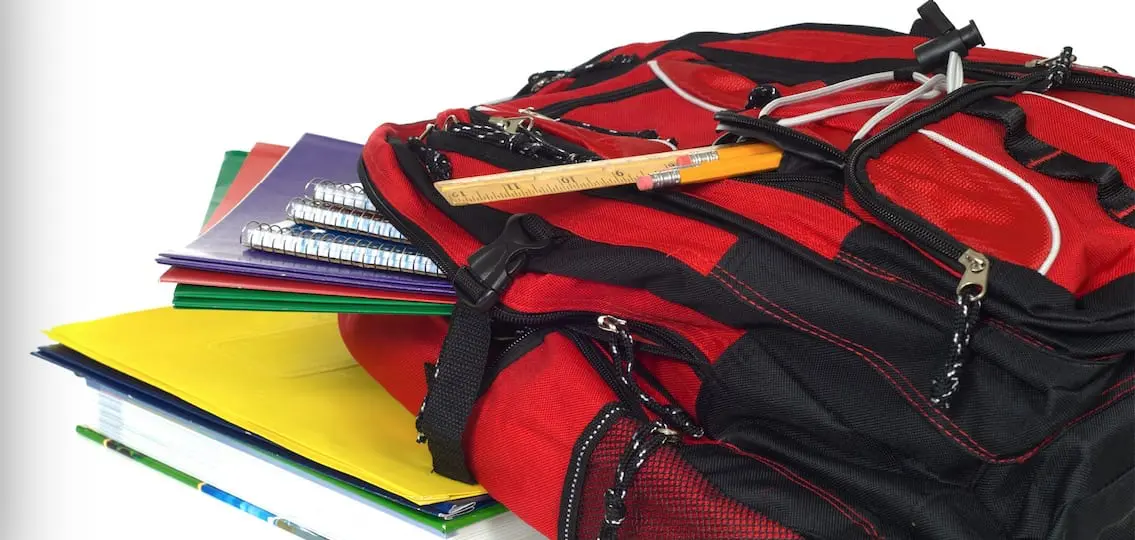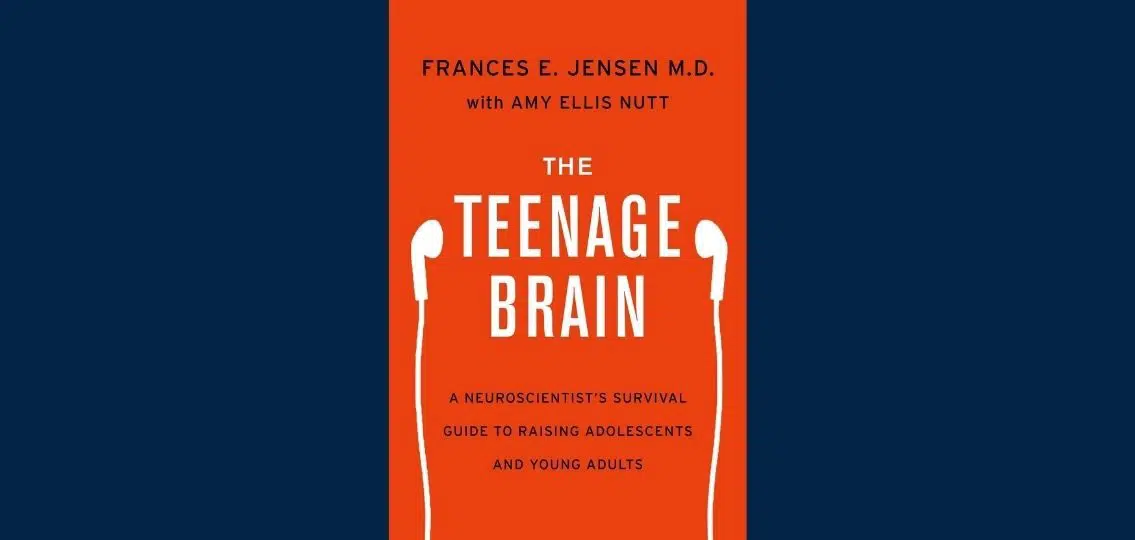Lena says her preteen son is so oblivious he literally walks into trees. He also gets smacked in the head with balls in gym class because he isn’t paying attention.
Dori worries about her smart-but-spacey 15-year-old daughter. She struggles with basic life skills like following a recipe, remembering to close the garage door, and crossing busy intersections.

Some teens seem to be a little lost on their journey to independent adulthood. They may lack common sense and judgment, and they may lag developmentally in their self-management and self-awareness skills.
Teenagers and Executive Functioning Skills
Forgetfulness is often normal—but still a difficulty
These kids aren’t merely scattered. Often, they lack in executive function skills—the cognitive abilities required to manage distractions, maintain attention, plan and organize for goals, and change behavior based on feedback from the surroundings. It means, for example, knowing to jump up and grab a towel when a glass of water spills.
It is not uncommon for teenagers, who are naturally young and inexperienced, to still be working on some of these skills. They may not fully develop until around age 25. “Some children aren’t as strong as others in executive function skills,” explains Dr. Mark Bertin, a developmental pediatrician and the author of the book How Children Thrive: The Practical Science of Raising Independent, Resilient, and Happy Kids. “They will need guidance or more direct supervision and instruction longer than peers.”
Executive function skills—combining knowledge from previous experience and adapting to a constantly changing world—are also the skills that people use to make good decisions. Even minor weaknesses can potentially interfere with a teenager’s ability to transition into independent living, obtain jobs, and maintain a social life. “The only way to help them catch up and manage those situations,” says Bertin, “is to recognize what’s going on and offer practical solutions.”
What to say and do
Parents and teens should work together to teach how to build decision-making skills and confidence. Here’s how:
Be kind and patient.
Above all, parents should not make fun of spacey teens or trivialize their struggles. Process mistakes without judgment. For example, “Jennie, I know that you left the car door unlocked and someone stole your phone. Let’s talk about how that happened.”
Brainstorm alternatives for the future.
The best learning happens when teens come up with their own potential solutions. Then they can allow Mom or Dad to help with the fine tuning, says Bertin. “The art is getting kids on board,” he says.
Offer helpful structures.
Parents can support their teens by providing checklists and suggesting visual cues and mnemonic devices to spark memory and help with organization—again, with their teen’s buy-in.
Teach concrete skills in specific trouble areas.
For example, teach young adults how to carefully safeguard their credit cards and identifying information when they are on the internet or out in public. Model skills such as hiding belongings left in the car, parking in a safe area (even if less convenient), and taking a picture of a likely-to-be-forgotten parking spot.
With consistent attention to the building of executive function, teens can make excellent progress. This can ensure successful adjustment into the adult years.
When It’s a Bigger Problem
Parents need to differentiate between teens who just need a little support and those with significant safety or long-term concerns.
“What came naturally to her siblings, she didn’t get, especially when it came to staying safe,” says Sally from Mesa, Arizona. Her 20-year-old daughter goes to Walmart in the middle of the night by herself. She frequently forgets where she’s parked, or she leaves her purse visible in her car. She’s also a distracted driver.
Multiple recent studies show that teens with executive function delays, especially those who struggle to monitor multiple tasks, process new information, and change behavior accordingly, have more negative driving outcomes. They’re more prone to accidents, injuries, and being pulled over. Additionally, adolescents with more severe executive function challenges are almost five times more likely to use e-cigarettes. They’re also more than twice as likely to smoke traditional cigarettes or drink alcohol. A therapist, executive function coach, or program specifically designed to meet these needs can drastically improve safety and prevent drug use.

For teens who are struggling on a consistent basis or who present with safety concerns, an evaluation with a clinical psychologist, psychiatrist, or other mental health professional might offer a better understanding of the underlying issues and provide a more targeted set of resources to support the impairment. “If you are severely behind in executive function skills to the point where you are chronically impairing your life in some way, that is what it means to have ADHD,” says Bertin. And if ADHD, autism, or another developmental disorder is a factor, this could result in significant, long-lasting issues for the teen if not addressed.





